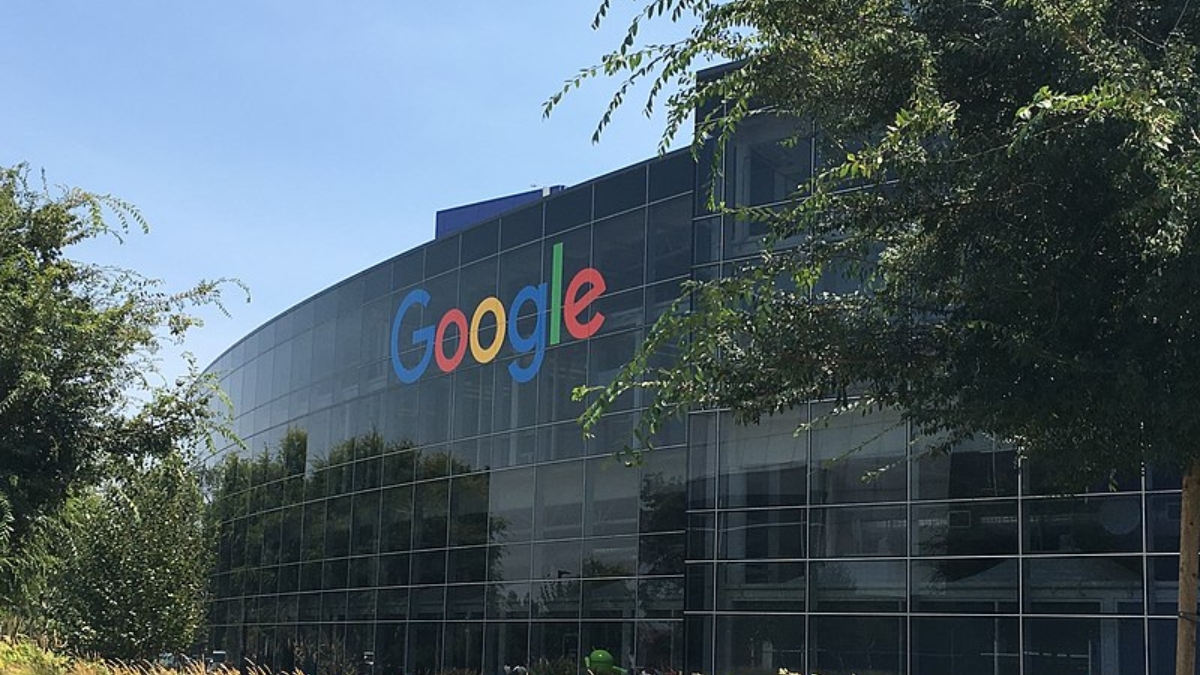Machine learning and AI have transformed almost every industry today, including healthcare delivery and drug research. Technology-driven companies increasingly use machine learning algorithms and AI in diagnosis, information sharing, and drug discoveries. We are witnessing a massive shift of approach in the pharmaceutical sector wherein researchers leverage the power of unique machine learning algorithms to boost the drug discovery process. The biochemical data pharma companies have to analyze to design new drugs is complex and diverse, including genetic and imaging inputs. That’s where machine learning algorithms make the process faster, more accurate, and beneficial across different stages of drug discovery.
In the preliminary stages, machine learning algorithms help design the chemical structures of drugs as per the inputs. At the research and clinical trials stages, the machine learning process enables constant analysis of the biomedical data compiled during the trials. This analysis leads to a clearer understanding of the disease patterns and the effects of the drugs being developed. However, to fully leverage the potential of machine learning in this crucial arena, there are also certain challenges that pharmaceutical companies need to overcome.
Challenges in machine learning for drug discovery
One of the biggest concerns during the discovery and development of new drugs is the aspect of safety. The interpretation of historical evidence and prediction of potential side effects of drugs is complex and critical. Globally, leading pharma companies and digital medical research and data analytics platforms are using machine learning to generate precise and helpful information from the patient data they obtain during clinical trials or therapies.
Integrating machine learning at the research and trials stage can significantly reduce costs. The observations and data from past clinical trials for drugs related to diseases, such as cancer, can be analyzed during the early stages of the new drug discovery process. To achieve this, researchers can analyze and interpret the biomedical data of the patients with the help of machine learning. This data is then corroborated with that from clinical trials. By running these two processes concurrently, drug developers will likely reduce the timeframe and develop new drugs and therapies with minor side effects.
Machine learning can also improve therapies by combining biomedical and clinical data with computation models and building software that has the capabilities of drug testing. Such machine learning models are under development, and various private sector research entities have been able to use these tools and approaches in this arena efficiently.
Technology-driven startups focus on such genetic data interpretation and use the findings to create personalized medicine. Since each patient has a different genetic profile, personalized drugs and therapies are likely more impactful than generalized solutions. The usage of machine learning has enabled researchers to identify novel biomarkers in response to drugs in different patients.
Researchers are also using machine learning algorithms to analyze genetic data. These algorithms can identify the disease and healthy phenotypes, which can be further researched to accurately understand how a drug is likely to work on a particular patient.
Conclusion
Machine learning tools have great potential in the arena of drug discovery as well as in analyzing the benefits or potential side effects of drugs and therapies undergoing clinical trials. The key to successful machine learning integrations in drug discovery is getting suitable datasets to analyze. Researchers must be meticulous about the accuracy and privacy of the data they use. Once this challenge is overcome and adequate safety measures are built into the process, machine learning will become the standard practice in medical research and serve as the ray of hope for millions suffering from incurable diseases such as cancer!









